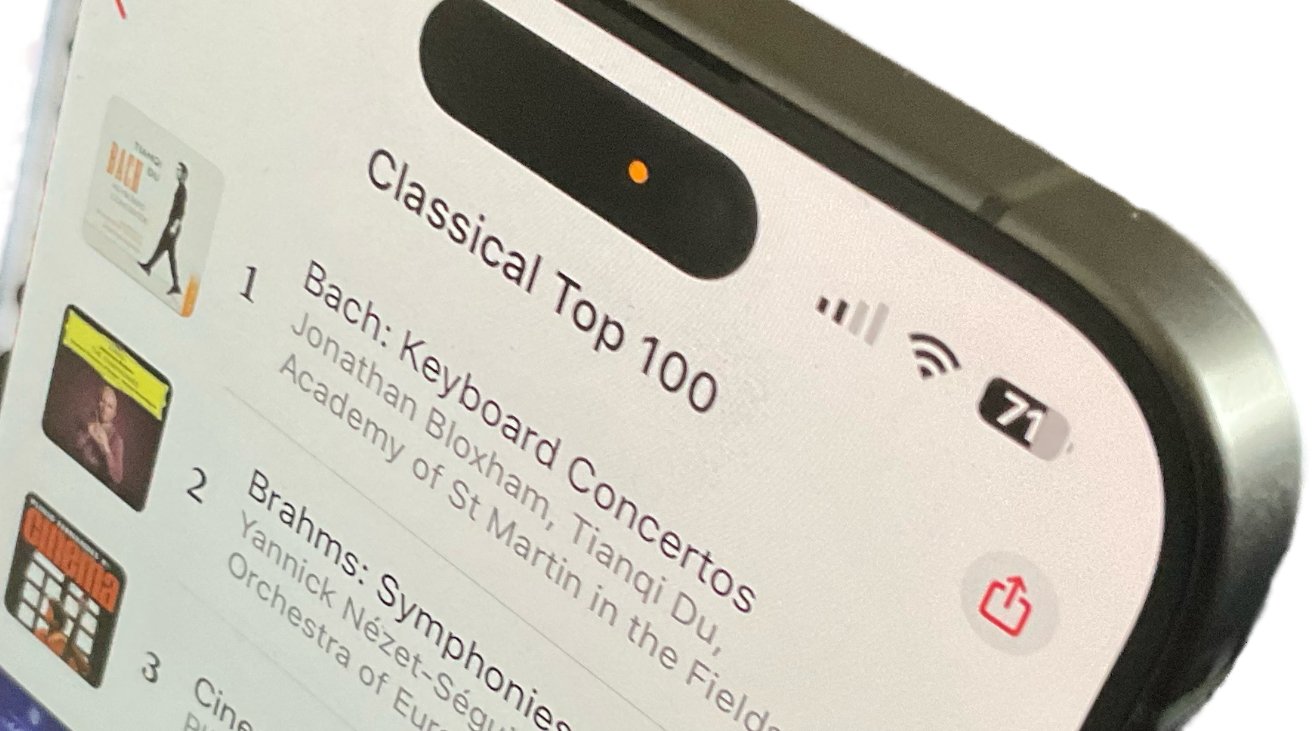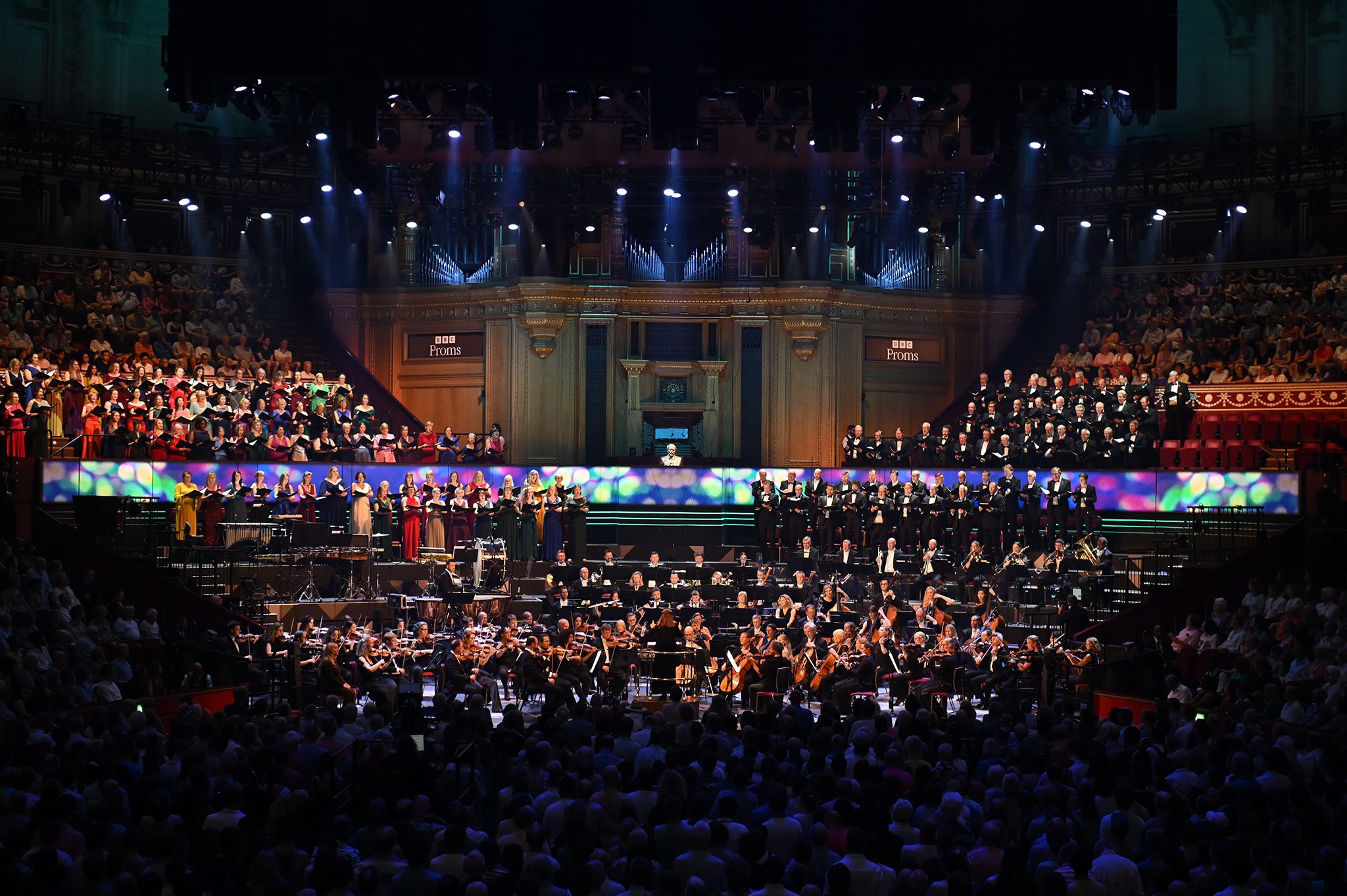If one was to do some as seemingly pointless as rank classical music awards ceremonies for their usefulness, their print, the range and availability of food and drink, the speed of cloakroom facilities, or the slickness of the actual event, then the BASCAs (now renamed the Ivors Composer Awards) would come out on top for me.
What the Ivors also have over some of the others on the circuit is an element of usefulness. It’s a platform for the individuals who play a crucial part in the creative process but who often go overlooked save for a credit in a programme. In this way composers can sometimes be the faceless wonders, making identification at composer awards a tricky business to anyone who isn’t a publisher or another composer.
In the presence of people to be grateful for
Note my surprise and excitement then when I discovered that composer Edward Gregson not only won the award he was nominated in the Amateur or Young Performers category for ‘The Salamander and The Moonraker’, but was also sat in the row in front of me. Here, a man responsible for music in my formative County Youth and university music-making days that brought a smile to my face.

Similarly, a cursory glance of the judges page in the programme revealed that another wind band and TV composer hero of mine – Nigel Hess – was also present. I didn’t get to meet them but felt the undeniable buzz when i discovered I was in the same room as creatives who had unwittingly played such a crucial part in my recovery from depression at University. Hess’ works for wind band, so too Gregson’s, helped provide a sense of purpose and through my responsibilities as wind band conductor, an unexpected element of accountability. Making that connection amid the awards made for an unnerving emotional response. Thank God I wasn’t anywhere near a microphone.
Awards that promote self-discovery
What the composer awards achieve is surfacing that which would normally go overlooked in the on-demand world we exist in. When you’re sat in a room and made to listen to excerpts from new works written by people sat all around you, you can’t help but be interested. And if as you’d expect, those excerpts are an illustration of what prompted the judges to elevate these works for the considerable weighty prize.

That means what you hear is compelling. So compelling in many cases that the ridiculously short excerpts were a major disappointment, compounded by longer descriptions of what we’d just heard. Sometimes its better to just play the music and make your own mind up about it.
Laura Jurd, James MacMillan, and Anna Meredith
Perhaps the flip-side of that is that the short excerpts stimulate self-discovery. So it is this morning I’ve spent time discovering the music of Laura Jurd (Jazz Composition for Large Ensemble winner for ‘Jumping In‘), Sir James MacMillan‘s striking and reassuringly warm ‘O Virgo Prudentissima‘ peppered with the composer’s trademark lush close harmonic writing (Choral nomination), and the brilliant ‘Paramour‘ from Anna Meredith MBE (Innovation). The accompanying video is a visual delight.
Winner of the Sound Art – Martin Green’s ‘Aeons’ category piqued my interest too. Where do immersive soundscapes available on-demand? Green’s work was site-specific, hence the title ‘A Sound Walk for Newcastle’. But, as a listener driven by curiosity, creations like Aeons are my next must-explore. And I’d pay to download artistic explorations like that by the very best in the business. Where do I find that stuff? I’m not clear. It’s not being promoted much.
Charlotte Bray
Props to composer Charlotte Bray (winner Solo/Duo for ‘Invisible Cities‘).

I like Charlotte’s musical language, illustrated in the second movement of IC – stripped right back. Delicate composition assets both in terms of harmonies and textures that create a character just about clinging on to what ever it is that is keeping them from their last breath.
A lovely evening showcasing new discoveries and, in the case of cellist Anna Joubert in attendance to hear the performance of one of her recently departed father’s solo work for viola, a chance to bump into people from my arts administration career back when I was young, thin and earnest.



